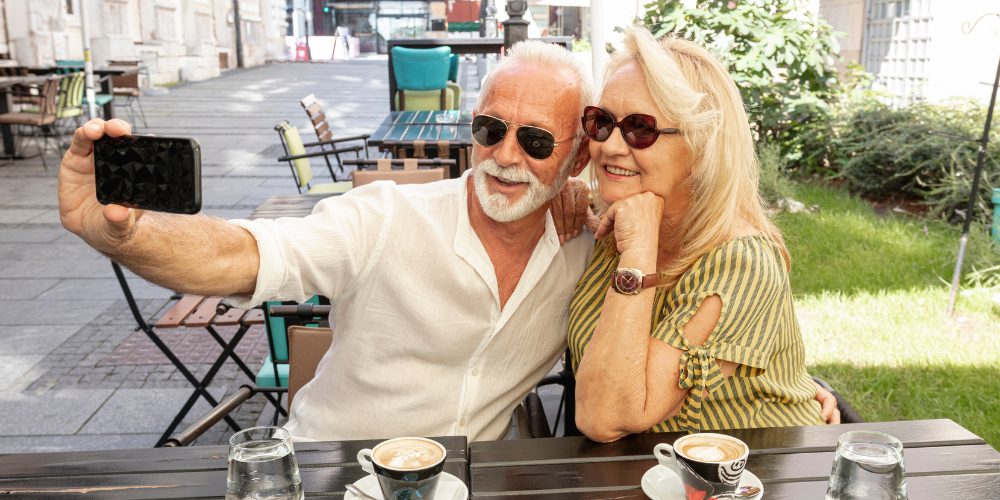When it comes to longevity, France's life expectancy ranks among the top in Europe. The French not only live longer but enjoy more years of good health compared to other Europeans. According to recent data, the average life expectancy in France is 85.75 years for women and 80.03 years for men.
Notably, healthy life expectancy, or the number of years one can expect to live without significant health issues, is 64.4 years in France, surpassing the EU average of 62.6 years. These numbers reflect more than just genetics. They reveal a nation where a balanced lifestyle, access to quality healthcare, and strong social support make a substantial impact.
Why Is France’s Life Expectancy Higher?
Higher life expectancy in France owes much to the country’s robust healthcare system. Known for its efficiency and accessibility, France’s healthcare system offers extensive coverage, ensuring that citizens have access to necessary medical services from a young age. The French system emphasizes preventative care, catching and addressing potential health issues early.
This focus on preventative care means that conditions are often managed or treated before they become severe. Such proactive healthcare not only adds years to life but also enhances the quality of those years, making a real difference in life expectancy statistics.

Shvets / Pexels / Besides healthcare, lifestyle plays a significant role. The typical French diet is rich in fresh produce, lean proteins, and healthy fats, making it both delicious and nutritious.
The Mediterranean influence in French cuisine, especially in regions like Provence, emphasizes whole foods and moderate portions.
The Role of Healthy Life Expectancy
While life expectancy measures the total years lived, healthy life expectancy is about quality - specifically, the number of years people live without major health limitations. In France, this healthy life expectancy is 64.4 years, reflecting how many years the average person can enjoy life free from significant disabilities or chronic illnesses.
This figure is higher than both the EU and UK averages, which are 62.6 and 62.5 years, respectively.
This high healthy life expectancy speaks to the effectiveness of France’s healthcare and social systems in not only extending lives but also enhancing the quality of life. Aging in France often includes fewer mobility issues and less chronic illness compared to other countries.
This means more years spent actively participating in family, community, and cultural activities, which are integral to French society.
Social Support Systems and Life Expectancy
One often overlooked factor in life expectancy is the role of social support. France has a strong social welfare system that helps citizens at various stages of life, from childcare to retirement. Access to these services relieves some of the financial stress associated with healthcare and eldercare, ensuring that more people can receive the support they need.
In old age, this can make a significant difference in the quality and length of life.
Lifestyle Choices and Their Impacts are Massive
The French way of life is known for its emphasis on balance. While France is famous for its food and wine, the French practice moderation. Meals are seen as an experience to be savored, not hurried. This mindset reduces stress, a key factor in both mental and physical health.

Freepik / The French place a high value on physical activity, even if it is not in the form of intense exercise. That is one of the secrets to their long healthy life.
Walking, biking, and outdoor markets are common parts of daily life, especially in cities where walking is often more convenient than driving.
In comparison to other European countries, France’s life expectancy stands out. For instance, in the UK, the average life expectancy for women is 82.6 years and 78.6 years for men. The numbers illustrate a gap that can be attributed to differences in healthcare, lifestyle, and social structures. Other countries with high life expectancy, like Italy and Spain, share similar lifestyles, emphasizing fresh foods, social interaction, and family bonds.
However, France’s healthcare system, recognized for its accessibility and quality, offers a competitive advantage that contributes to the country’s leading life expectancy.

